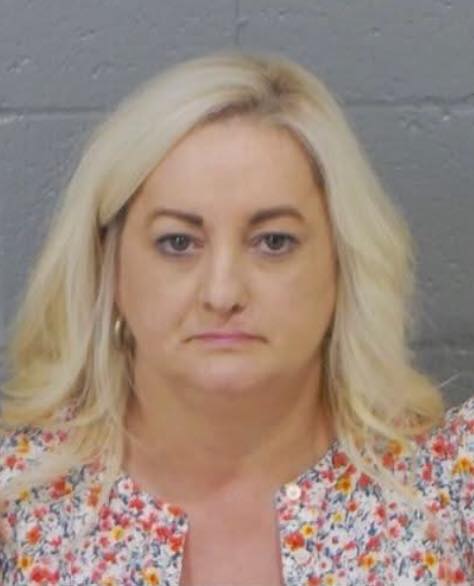D.G. MARTIN COLUMN: The thinking man’s Grisham
Published 2:13 pm Tuesday, January 7, 2020
|
Getting your Trinity Audio player ready...
|
“For years, I was an excellent lawyer, as honest and effective as you could ever want, and I’m a decent enough person, and despite my mistakes, which — I concede — were hellacious, I deserve better than this misery.”
These words that introduce us to the plight of Kevin Moore in Martin Clark’s recent book, “The Substitution Order,” could describe the plight of many lawyers at one time or another during a lifetime of law practice.
 It you have already read John Grisham’s latest best-selling legal thriller, “The Guardians,” and are looking for something similar, consider “The Substitution Order.”
It you have already read John Grisham’s latest best-selling legal thriller, “The Guardians,” and are looking for something similar, consider “The Substitution Order.”
Clark has been called the “thinking man’s John Grisham.”
Explaining Clark’s appeal, The New York Times reviewer, Alafair Burke wrote, “In a good legal thriller, the law itself propels the narrative as intensely as any single character. By that definition, Martin Clark’s “The Substitution Order” is not merely a good legal thriller; it’s a great one.”
The opportunities to get off track during a long life are greater for lawyers than most others.
Lawyers are subject to a complicated set of rules that sometimes tie them in knots or, in cases of violations, bring painful censure and punishment.
When a lawyer’s life collapses, it can fall hard and the devastation can be horrendous.
Kevin Moore is in this sort of situation. The complications that cause his misery should be a warning to other lawyers.
But such things make for good stories. His sad situation becomes the basis for Clark’s enticing book.
Moore was an admired and successful lawyer in Roanoke. He was deeply devoted to his wife, but then briefly fell into a short fling of infidelity, drug use, and association with drug dealers.
His first ever.
The results — disbarment and probation. His wife has given up and left him. Hoping someday to regain respectability and return to a good life, he is working in a cheap deli.
There is more. His circumstances make him a target of sophisticated crooks. A stranger who calls himself Caleb visits the deli and proposes that Kevin cooperate in a multi-million dollar scam to con his malpractice insurer out of millions of dollars.
As a part of the scam, Kevin would admit that he failed to follow up on a client’s option to purchase a parcel of mountain land for a little less than a million dollars. She lost the property, which later sold for $6 million.
If Kevin plays along, his lawyer’s malpractice insurer will pay $5 million to Kevin’s former client who is a part of the scam.
When Kevin turns Caleb and his colleagues down, they use a corrupt law enforcement official to get a fake positive drug test and plant drugs and a pistol in his car. The resulting probation violation and new charges could put Kevin in jail for a long time.
His Job-like experience continues. He suffers a stroke just as his soon-to-be-ex-wife takes him off her health insurance coverage.
His slow turnaround begins when he calls Dan Duggan, his Davidson College classmate and his roommate in law school at the University of Virginia, for help. Duggan helps him through the health insurance situation and then, at the end of the book, plays a key role in Kevin’s counter-scam to punish Caleb’s colleagues and deny them the fruits of their evil deeds.
The author of this clever story, Martin Clark, lives on a farm near Stuart, Va., just above the North Carolina line and has written four previous best-selling novels. He recently retired as a Virginia circuit court judge, giving him, we can hope, time to write more “thinking man’s” thrillers.
Clark will appear at UNC School of Law’s Festival of Legal Learning at 8 a.m. Feb. 7, at the Friday Center in Chapel Hill.
D.G. Martin hosts “North Carolina Bookwatch” at 11 a.m. Sunday and 5 p.m. Tuesday on UNC-TV.





